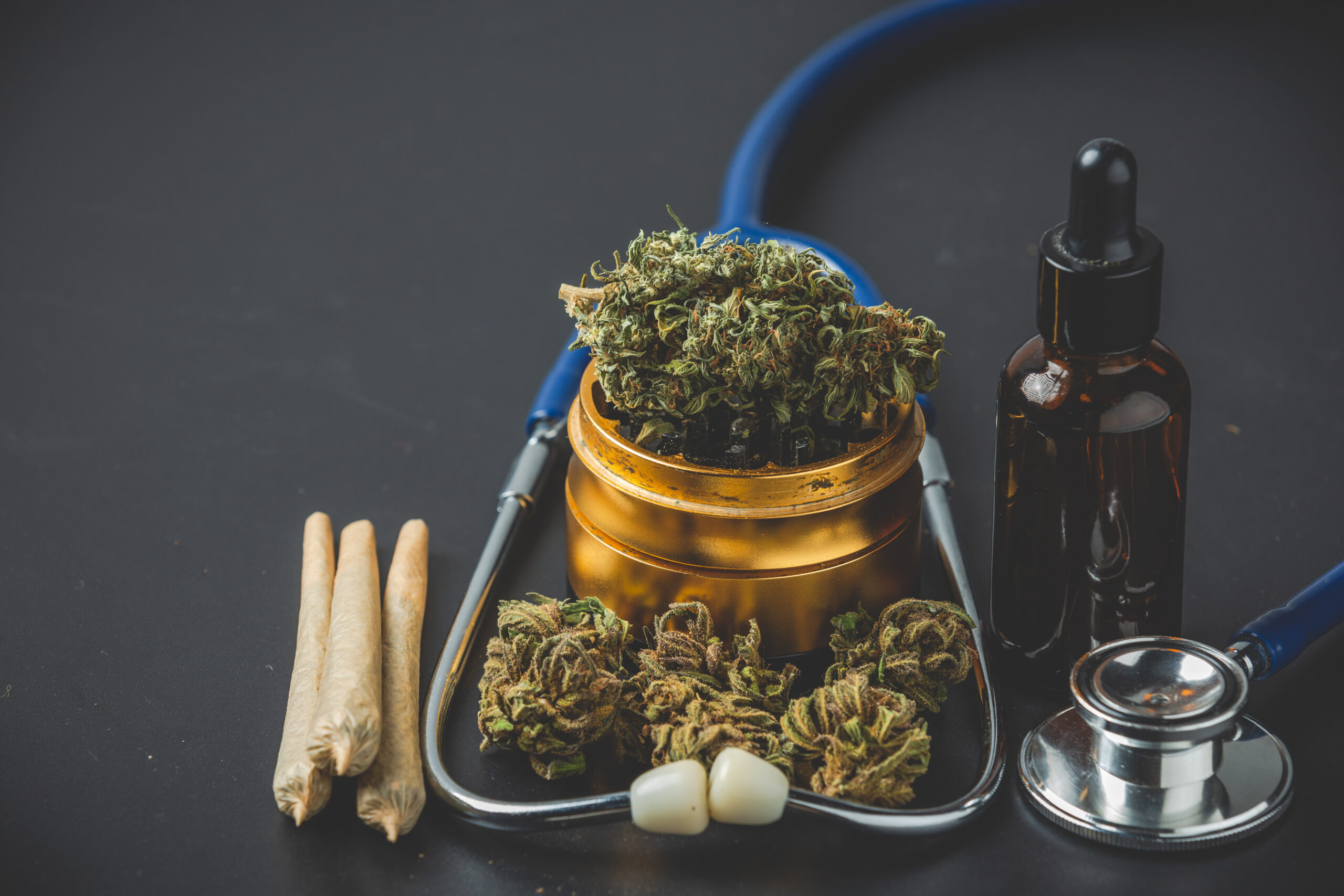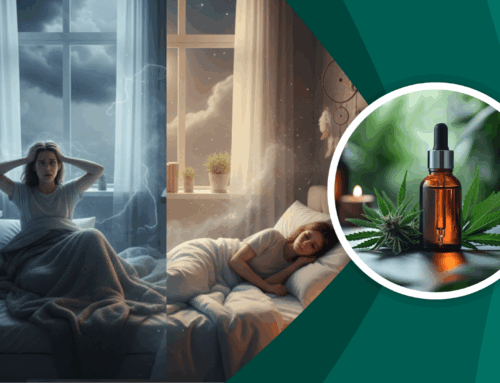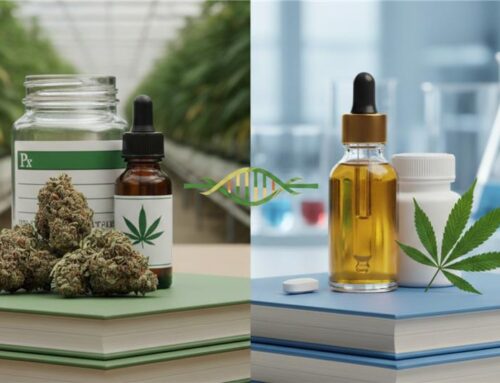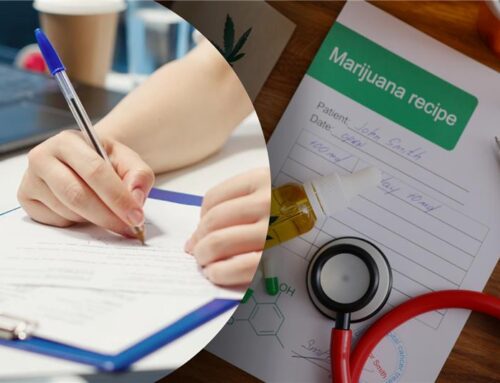Medicinal cannabis mental health is gaining attention as a popular treatment for conditions like anxiety, depression, and PTSD. People use it both in clinics and on their own around the world. Cannabis products are various, such as THC, CBD, and mixtures of the two, that can be investigated in their potential value. With an increasing number of individuals seeking alternative treatments, it is necessary to learn how such products can influence mental health disorders according to DSM-5. In this case, the benefits and harmful effects of medicinal cannabis on the diagnosis and symptoms of mental illnesses will be reviewed in detail in the current survey.
Medicinal Cannabis Mental Health
The consumption of cannabis appears to be very ancient, since people have used it both recreationally and medically. It is increasingly being legalised in new locales, and therefore, this makes it attractive to individuals.
Legally, physicians may provide marijuana to get relief from nervousness, depression, and pain. It is comprised of two significant parts, namely, THC, which can make you get high, and CB, which cannot.
It is imperative to understand the possible effects of cannabis since more people seek to use it. In part, some studies demonstrate that it can be used to alleviate anxiety and depression. However, it is better to consult a doctor before using medical marijuana for any condition.
1. Decrease in Stress Panic – CBD, especially medical marijuana, has shown its ability to help reduce anxiety. Research indicates that it has the potential to be used in several anxiety disorders, such as general anxiety, social anxiety, and panic attacks, since it balances the levels of serotonin in the brain. Although THC is relaxing to some, it also may in still anxiety or even paranoia when abused. Scrupulous amounts of CBD and THC are, to many people, the most desirable medium of relief. Nevertheless, it should ALWAYS be used under a doctor.
2. Mood Swings, Mental Disorders, and Depression – There are also chances of utilising cannabis and especially CBD to treat depression by increasing the concentration of serotonin and other pleasure chemicals. Health professionals consider it an intervention.
The mood can already be improved even at low concentrations of THC. Nonetheless, the impacts are instant and have the potential of a second crash, which is unsafe in the case of mood disorders.
Even though there are present depression treatment strategies that require the use of cannabis, its long-term consequences are not known.
3. Post-Traumatic Stress Disorder (PTSD) – PTSD is a severe condition of anxiety that may manifest itself following a highly distressing occurrence. Individuals who have experienced PTSD tend to experience flashbacks, nightmares, and worry at all times.
Use of medical cannabis, and particularly CBD, is on the rise as a means of alleviating these issues. CBD is capable of enhancing sleep, eliminating nightmares, and treating anxiety, which are some of the challenges encountered by most PTSD patients.
Cannabis can mellow the nervous system, as some studies reveal, and decrease the emotional burden of daily demands. Nonetheless, more studies are needed. In case you believe it can help you, consult a specialist before using medical cannabis to ensure this substance is safe and effective.
Medicinal Cannabis Mental Health Wellbeing
Cannabis has both therapeutic benefits and, on the other hand, it is not free of dangers. The medical practitioners have been worried about the adverse effects of using cannabis for a long time on mental health, particularly among certain age groups, as well as individuals who have underlying mental disorders.
1. Potential Psychotic Danger is on the rise – The health benefits of using cannabis also exist, whereby its usage can prove to be beneficial to the health of a human being; however, when used in excess, particularly strains with high concentrations of THC, it can be detrimental to the brain. Consumption of drugs can make you forget things, lower your thinking capacity, and affect your decision-making capability.
Teenagers in particular should be worried about this because it will affect their maturing brains. The consumption of cannabis during puberty can alter the learning and concentration ability of the individual. When applied at an early stage, it can bring about serious complications in the thinking process of adulthood. Youngsters need to be made aware of such risks to make healthy decisions.
2. Growing Dangers of Psychotics – Psychosis could be aggravated by the use of cannabis that contains a high concentration of THC. Research indicates that individuals who consume cannabis, and more so those with high THC, are more likely to develop mental problems, such as schizophrenia, especially when they have relatives with cognitive issues. The mental health impacts of cannabis, long-term ones, are under investigation. Taking too much cannabis can cause someone to feel weird or out of control. This is particularly true for kids and teens since their brains are still developing.
3. Drugs, Cannabis, and Deprivation of Addiction – Cannabis might not be as addictive as alcohol or opioids. However, cannabis use disorder is an issue that many individuals face. Repeated intake of cannabis may end up causing psychological and physical addiction. When an individual engages in trying to stop using it, s/he might experience the urge and be subjected to withdrawal syndrome.
These manifestations could include irritation, anxiety, sleep disturbances, and anorexia. These are the withdrawal symptoms that may prove challenging to deal with among the subscribers of cannabis as a means of addressing their mental problems
A Mental Health: The Role
The most frequent users of cannabis are young adults, particularly those aged 18-25 years old. The period is vital to brain development, and consumption of cannabis may interfere with thinking and emotions. Research indicates that the regular or high use of cannabis can cause subsequent mental health issues in the future. More information regarding the effects of cannabis on the youth is still to be learned. Nevertheless, its effects on brain development and the possibility of becoming addicted are dangerous issues that are taken seriously by health professionals.
On the contrary, older individuals will not use cannabis so much. When they use it, they usually do so to assist in chronic pain or insomnia, and the risk to mental health seems to be less severe for them. Yet, care must be taken by the individuals who have pre-existing mental issues.
The Legalized Pot and Mental Health Impact
More people around the world are using legal cannabis. Making it legal would help it grow and sell safely. This would facilitate the ease of access to medicinal cannabis for people. It would also make people feel less ashamed of using it, thus making them discuss it with doctors.
Nevertheless, with the growing access to cannabis comes the fact that more individuals find themselves using it as a self-medication method and, more often, without the control of a professional. This is of concern due to misuse and negative mental health consequences. Education of the users needs to be done on the various kinds of cannabis products, dosage, and side effects.
Conclusion
Cannabis might have negative as well as positive impacts on mental health. Stress or depression, on the part of other individuals, leads them to resort to it. However, the dose can be harmful, especially among children or adolescents. The fact that the supply of cannabis has constantly been increasing also raises the necessity of awareness regarding how to use cannabis cautiously.
Medical practitioners play a significant role in offering recommendations concerning its safe use, and constant research will help us gain knowledge of its effects. Meanwhile, prudence and medical consultations are required before using cannabis, mainly to deal with mental health problems.
FAQ
1. Can medicinal cannabis help with anxiety and depression?
Yes, cannabis—especially CBD—may help reduce anxiety by balancing serotonin levels. Some people also report mood improvement with low THC doses. However, high THC can sometimes increase anxiety or paranoia. While short-term relief is possible, the long-term effects remain unclear. Always consult a doctor before using medical cannabis for mental health conditions.
2. Is cannabis effective for PTSD symptoms?
Many patients with PTSD use medical cannabis to improve sleep, reduce nightmares, and ease anxiety. CBD shows potential in calming the nervous system and reducing stress. Some studies support its use, but research is still limited. Patients should consult a healthcare provider to ensure safe use, since dosage and strain greatly affect results.
3. Can cannabis cause psychosis or worsen mental illness?
Yes, especially strains high in THC. Regular or heavy use may increase the risk of psychosis, paranoia, or schizophrenia, particularly in people with a family history of mental disorders. Teens and young adults face higher risks because their brains are still developing. Responsible use under medical guidance is important to reduce these dangers.
4. Is cannabis addictive for mental health patients?
Cannabis is less addictive than alcohol or opioids, but cannabis use disorder is real. Frequent users may develop dependence, and quitting can cause withdrawal symptoms like irritability, anxiety, sleep problems, or appetite loss. People using cannabis for mental health should be aware of these risks and seek professional help if they struggle to stop.
5. Who is most at risk from the mental health effects of cannabis?
Young adults aged 18–25 face the greatest risk because cannabis can interfere with brain development, memory, and emotional control. Heavy use in teens may increase the risk of future mental health issues. Older adults typically face fewer risks, but those with pre-existing psychiatric conditions should still be cautious and use cannabis only with medical advice.





